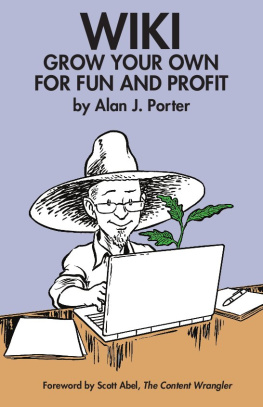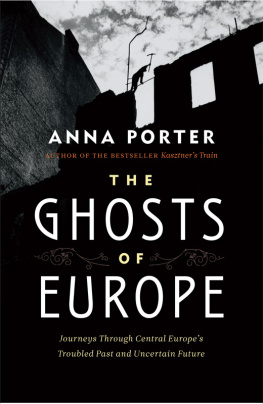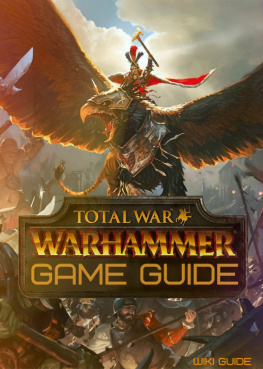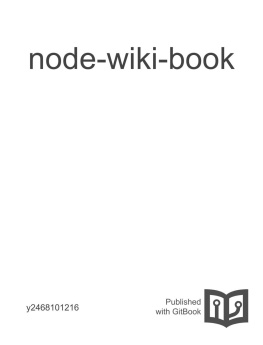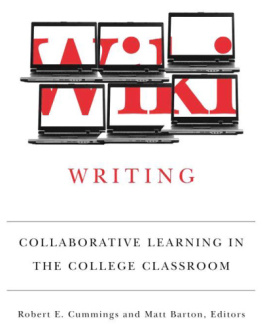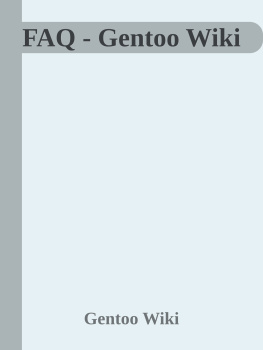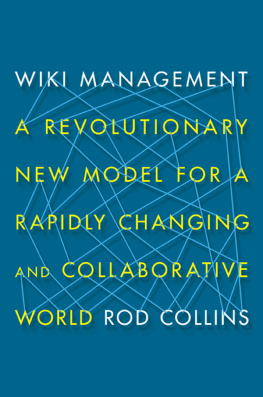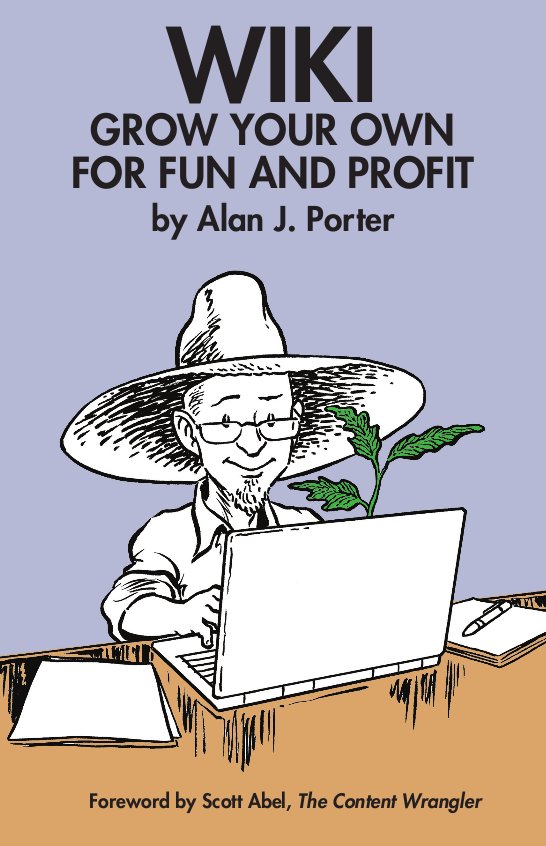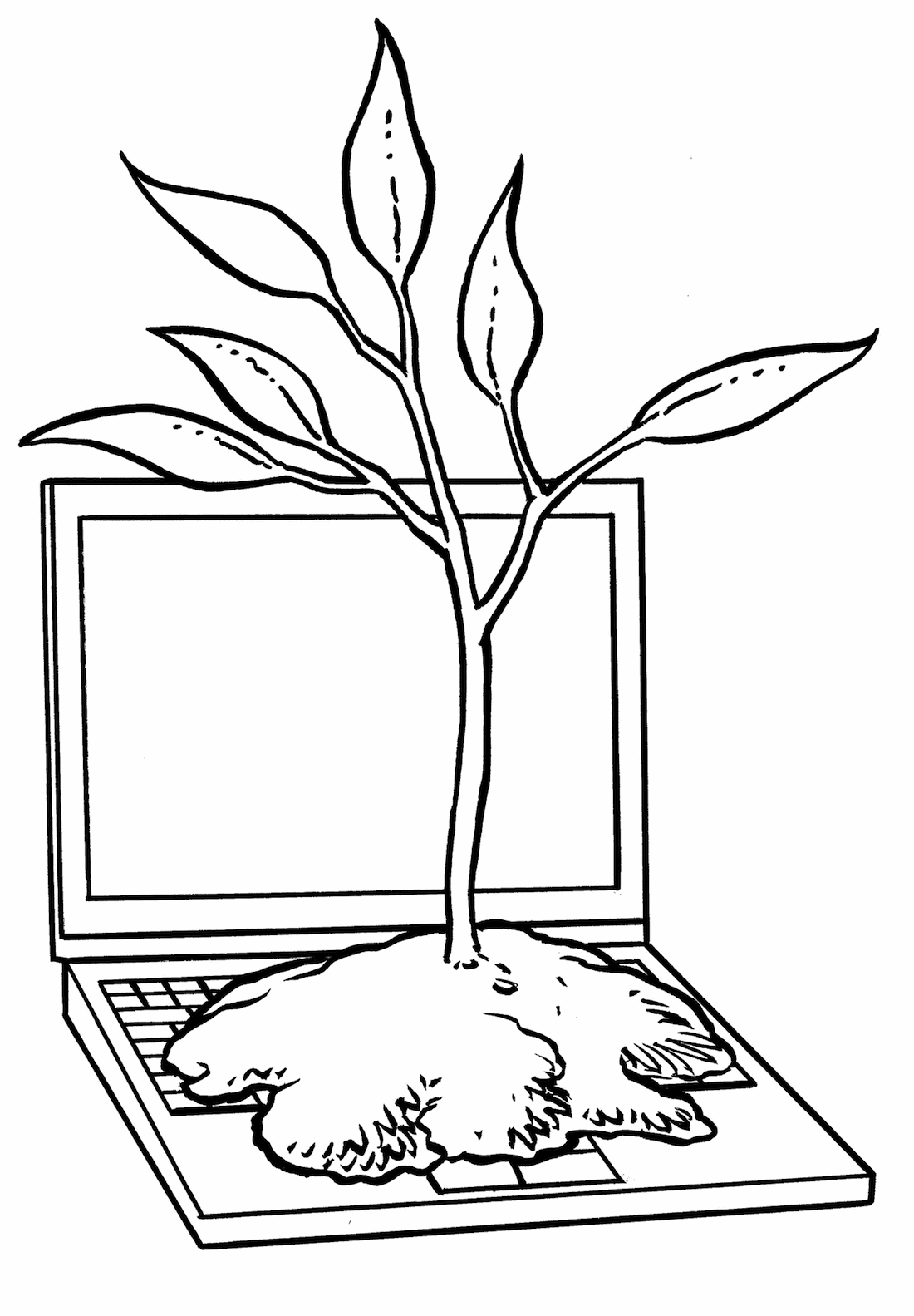WIKI: Grow Your Own for Fun and Profit
Alan J. Porter
Foreword
Im no Lone Ranger. But, I am The Content Wrangler. As a content strategist, I help organizations create, manage, and deliver the information they use to run their businesses, something most organizations are ill-prepared to do, at least not efficiently or effectively. Dont get me wrong, not every firm misses the mark. Some organizations do it right. But, chances are, your organization doesnt.
Dont be offended. Thats not meant as an insult. Wrangling content is tricky proposition for most. Its a discipline, informed by years of information engineering research, made possible by an increasingly powerful array of software tools and guided by business decisions based on science and mathematics.
Most organizations have yet to master the art of content wrangling, let alone see the value in streamlining their content life cycle. But, it doesnt have to be this way. By taking time to examine how you do things today, you can find ways to improve the way you create, manage, and deliver information, too.
1. The First Step is Admitting You Have a Problem: You are Addicted to Software
The first step, as 12 step programs have touted for decades, is to admit you have a problem. Most organizations go about tackling content challenges by starting from the wrong vantage point. They dont start with the problem, they start by jumping toward what they believe is the solution software. Its only natural. Weve been programmed to think that software solves problems, when in reality, software introduces as many problems as it helps us to solve ... especially, when you select the wrong software tool for the job.
Avoiding the tool trap is easy. The first step is to admit you are addicted to software and that your addiction, like all addictions, can cause you to make decisions that may have very negative consequences. Dont allow yourself to start talking about software tools until you understand what your real challenges are. What problems are you trying to solve? Why are they problems? What do those problems cost your organization? And, what are you willing to do to make those problems go away?
Once youve identified what you think your problems are and what youre willing to do to solve them, its time to start looking at the way that you do things today your content life cycle. At a high level you are going to examine how you create, manage and deliver content.
More specifically, you will look for the things that slow you down and that impede your productivity. Are the manual tasks you perform today necessary or could they be automated? What roles and responsibilities will be different if you change the way you do things? What training will be required? How will these changes impact others who need access to your content? What people, processes, and systems rely on your content?
By understanding how you work today, youll be able to build a model for how you would like to work tomorrow. And, once you know what your problems are, what you are willing to do to solve them, what your perfect solution looks like, and what changes will need to take place, youre ready to start talking about software tools.
Scott Abel, The Content Wrangler
August 28, 2010,
Palm Springs, CA
2. The Wonderful World of Wikis
Wikis are one of the most powerful content production tools to be introduced in the Internet age. They can be configured to help you tackle all sorts of content challenges managing simple authoring projects, implementing complex content collaboration projects, building customer support portals, and running large scale online communities. The possibilities are endless and limited only by your imagination and your willingness to think differently.
Use this book as a starting point for understanding wikis what they are, how they work, and how others are using them to solve all sorts of content challenges. Wiki-master Alan Porter has provided you with everything youll need to know to determine if a wiki might help you solve your content problems and, perhaps more importantly, whether a wiki will be a good fit for your organization.
Preface
A wiki is more than just software for enabling
multiple people to edit Web sites. It is a metaphor
for a new era of collaboration and participation.
Don Tapscott & Anthony D. Williams []
1. A Brief History of Collaboration
As the title suggests, this book is mainly about how to implement, use, and grow a wiki; but as the above quote makes clear, wiki technology is about more than just software; its first and foremost about collaboration. To truly appreciate the potential for wikis, and how they can change the way we interact and share knowledge, we need a good understanding of what we mean by collaboration.
The Merriam-Webster dictionary lists several definitions for the word collaboration; however it is the first listed, and most common usage, that is perhaps the most appropriate here.
collaboration \noun\
1: to work jointly with others or together especially in an intellectual endeavor.
Wikis are the epitome of a shared intellectual pursuit, as they promote a community of individuals who share an interest or a goal (sometimes both), and where sharing knowledge is central to achieving a desired result.
In his book Wikipatterns[
I am writing this introduction in my local coffee shop, and just as I finished typing the quote above, a Beatles tune started to play over the stores sound system.]), was that while collaboration between a group of people can produce great results, collaboration between particular individuals can produce remarkable results.
The band that became The Beatles went through numerous line up changes in the first six years of its existence, growing from schoolboy band to the best rock-and-roll band in Liverpool. Yet it was only when Ringo Starr and producer George Martin were added to the existing mix of John Lennon, Paul McCartney, and George Harrison, that they rocketed from local boys made good to an international phenomenon that changed a generation.
The ability and desire to collaborate is fundamental to the human condition. It was through working together that early humans developed into tribes of hunter-gatherers, and then built communities with shared dwellings and shared infrastructure. Without the drive to collaborate and learn from each other, we wouldnt be the dominant species on this planet.
As Stewart Mader points out, collaboration is a part of human nature. He says that, when groups work together to find the best way to get a job done, the high quality of work is sustainable because theyre finding the best about themselves, combining individual complimentary strengths and talents, and refining their methods at a very high level. Because they control how they work, people are more self-reflective, constructively critical of their own work, and motivated to make the best contribution possible because they take greater pride in the quality of their work.
It could be argued that to some extent the benefits of collaboration were suppressed and lost during, and since, the days of the industrial revolution and the introduction of production-line processes. As people began to increasingly focus and specialize on their particular activity, they started to lose focus on the bigger picture and how what they did affected what others in their community did. The larger overall picture became the preserve of those in power.

